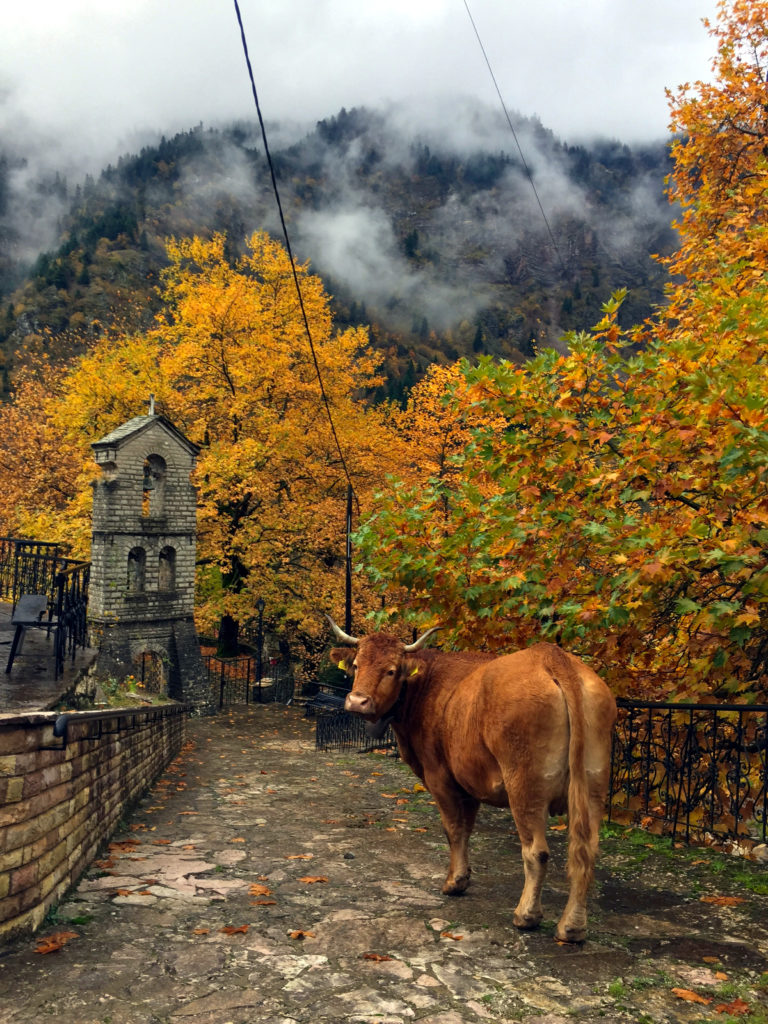Researcher:
- Dr Ruben Post
School of Classics
Dr Ruben Post’s project reconstructs the links between climate, agriculture, economic decision-making, and resilience in the Greek world from the 8th-1st c. BCE. The first part analyses the different kinds of evidence for climate change from ancient Greece: scientific, archaeological, and historical. The second part then evaluates the effects of climatic variability on ancient Greek societies and economies as their socio-political organisation changed over time, particularly how agricultural economies were affected. Finally, it considers perceptions of and responses to climatic variability, evaluating how these factors impacted the resilience of ancient Greek communities. This interdisciplinary approach situates ancient Greek societies within broader discussions of the survival and collapse of pre-modern civilisations faced with environmental stress.

Photography: Ruben Post